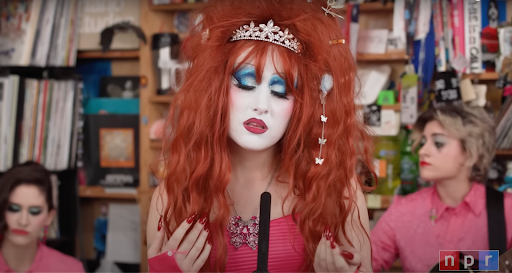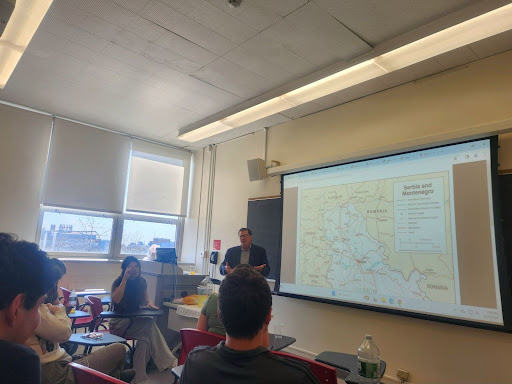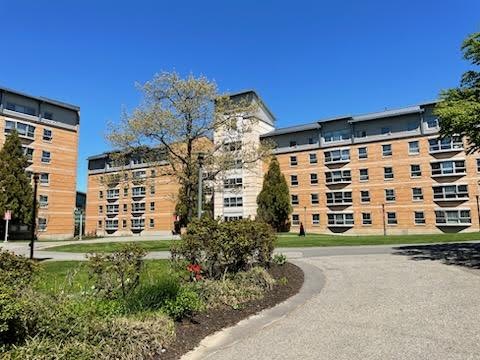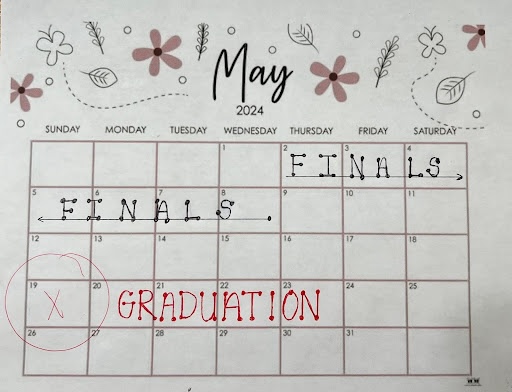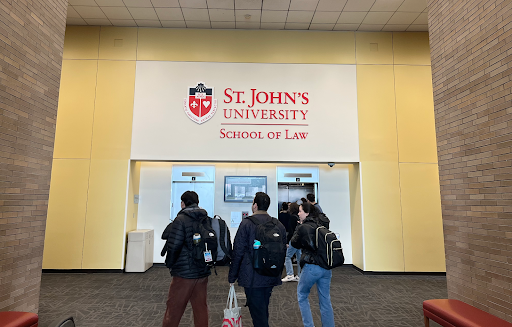Dr. Sue Ford has a strong dedication to her field and a passion for encouraging her students to think outside of the box. Having been committed to the University for 24 years, which offered the first toxicology program in the nation, she has earned many honors and has given back doubly to the scientific
community at large.
While Dr. Ford is currently the director of the toxicology program and an associate professor of pharmaceutical science at St. John’s, toxicology wasn’t always the focal point in her studies. During her undergraduate years at Cornell and continuing to her graduate studies at Michigan State, she focused on the study of nutrition.
It wasn’t until her post doctorate fellowships that she discovered experimental toxicology by working with cell cultures in examining how certain drugs affected the kidney. She worked with environmental chemicals, such as various metals, pharmaceutical drugs and with chemicals in foods to “understand the effect on the body and to expose the risks posed by these drugs.”
Through working with cell cultures to attempt to determine the effects of certain drugs, Dr. Ford discovered that she wanted to improve cell culture methods so that she could “find out if the use of cell cultures is good in predicting toxicity in drugs.” While this is a method that is improving, Dr. Ford clarifies that it is important to “do animal testing in order to see the side effects.”
Besides teaching, Dr. Ford is involved in the Society of Toxicology with her colleagues and students. She is also the President of the Invitro and Specialty Methods section of the Society.
Ford discussed how the Regional Mid-Atlantic Chapter of the Society of Toxicology “is very encouraging with the students because they want to support the students and have them pursue a
profession in the field.”
Besides being involved with the Society, Dr. Ford is a Vincentian Fellow and helps the Center for Teaching and Learning as a Tech Fellow and with the T3 Program, which helps encourage using technology in classrooms
by providing grants.
As a result of all of her hard work, she has received the Award for Undergraduate Teaching and the Award for Future Leaders, among several others. And, because of her expertise, Dr. Ford was interviewed by CBS for a special
on chemical terrorism.
But, above all this, Dr. Ford says that her most proud accomplishments were the “courses [she] helped develop in toxicology that was not limited to just lectures and chemicals—it’s applied to
issues of public health.”
She pushed the curriculum at St. John’s by asking students questions that require them to think outside of the box like “What is safety?” which challenges students “[to think] as scientist instead of just like the public.” She helps to bring risk assessment into the curriculum as well, which is “unusual for
undergraduates to address.”
Another way Dr. Ford encourages students to think outside the box is by hosting an annual Toxicology Expo in the spring with a keynote speaker, poster sessions for the students to show their research, and the presentation of the seniors’ capstone projects—which incorporate risk analysis by using “hypothetical disasters, set in the U.S., such as accidental crop dusting of pesticides over a city and evaluating how dangerous this
would be if it happened.”
She helped to develop this expo in order to give the students an opportunity to show professionals
what they have learned.
“I want the seniors to have a feel of a press conference by planting certain professionals in the crowd to ask [situational] questions,” said Dr. Ford.
Also, in the spring, Dr. Ford is helping to host a movie series on water security and pollution as another opportunity for students to learn more about other scientific issues that are
facing society at large.
“A toxicology major is an excellent science major and is constantly expanding,” said Dr. Ford. “[This is] because humans are finding more and more ways to poison themselves which makes the
toxicology major relevant.”







